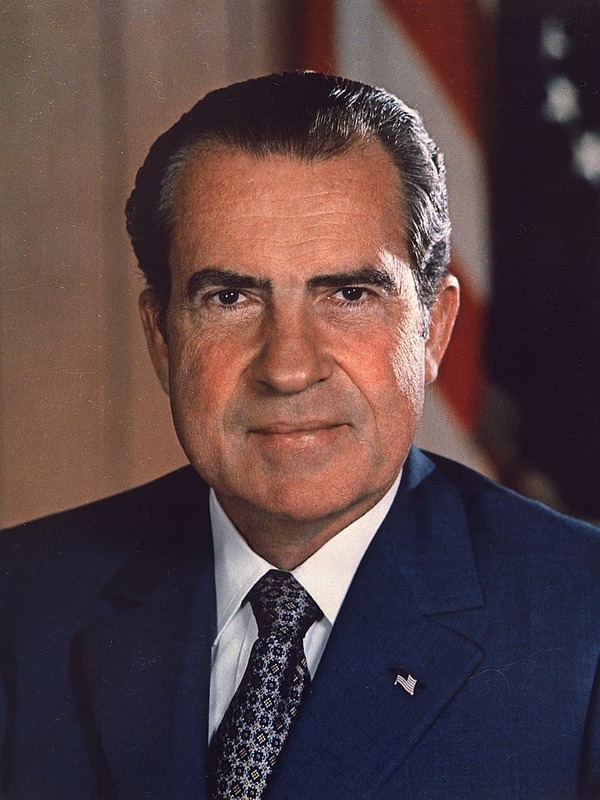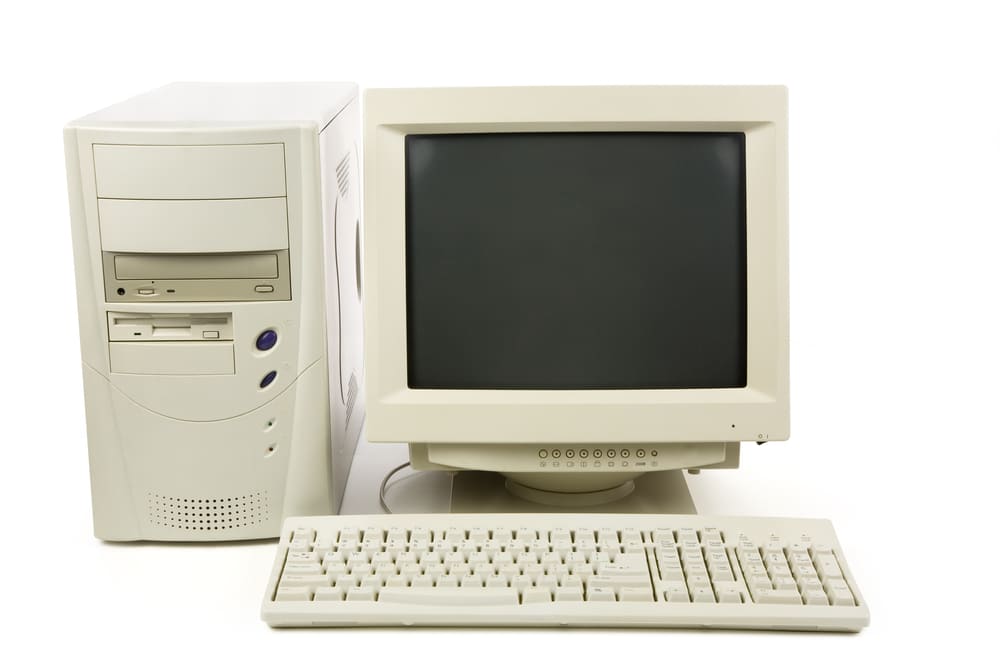I’m always been captivated by the past; I often find myself thinking about the iconic moments that shaped our world. The 70s, in particular, were a whirlwind of cultural shifts, groundbreaking events, and defining milestones. From the rise of disco to major political movements, this era was truly a time of transformation. Join me as I take you on a journey back to the Famous Events That Happened in the 70s, and let’s relive some of the decade’s most memorable moments together.
Table of Contents
Vietnam War Ends (1975)

The Vietnam War, which began in the mid-1950s, was a prolonged conflict between North Vietnam, supported by its communist allies, and South Vietnam, backed by the United States and other anti-communist countries. The war became increasingly unpopular, especially in the U.S., due to its high human cost and unclear objectives. By the early 1970s, the U.S. began withdrawing troops, aiming to transfer the responsibility of fighting to the South Vietnamese forces. However, in 1975, North Vietnamese troops captured Saigon, the capital of South Vietnam, effectively bringing the war to an end. This event led to the reunification of North and South Vietnam under communist rule, and the country was renamed the Socialist Republic of Vietnam.
Watergate Scandal (1972-1974)

The Watergate scandal is one of the most significant political events in U.S. history. In 1972, five men were arrested for breaking into the Democratic National Committee headquarters at the Watergate office complex in Washington, D.C. As investigations unfolded, it became clear that members of the Nixon administration were involved in the break-in and had tried to cover it up. The scandal led to the discovery of multiple abuses of power by the Nixon administration, including the use of government agencies to harass political opponents. Facing almost certain impeachment, President Richard Nixon became the first U.S. president to resign from office in August 1974.
The First Earth Day (1970)

The late 1960s and early 1970s saw a growing awareness of environmental issues, spurred by events like the Santa Barbara oil spill in 1969. Recognizing the need for a large-scale public demonstration to promote environmental consciousness, Senator Gaylord Nelson of Wisconsin proposed a national “Earth Day.” On April 22, 1970, millions of Americans took to the streets, parks, and auditoriums to demonstrate for a sustainable environment. The event led to increased public support for environmental reforms and the establishment of the Environmental Protection Agency (EPA) later that year.
The Birth of Disco (Early 70s)

The early 1970s witnessed the rise of disco music, a genre characterized by its four-on-the-floor beat, syncopated basslines, and orchestral instruments. Clubs with illuminated dance floors and spinning disco balls became cultural hubs. The dance style “The Hustle” became synonymous with the disco era. The genre’s popularity skyrocketed with movies like “Saturday Night Fever,” starring John Travolta, which showcased the disco lifestyle and its influence on American pop culture.
The Munich Olympics Massacre (1972)

The 1972 Summer Olympics in Munich, Germany, was meant to showcase peace and international unity. However, it turned tragic when a Palestinian terrorist group called Black September took 11 members of the Israeli Olympic team hostage. The terrorists demanded the release of 234 prisoners held in Israeli jails. After a failed rescue attempt by German police at the Munich airport, all 11 Israeli hostages were killed. The event shocked the world and led to increased security measures in subsequent Olympic Games.
The Oil Crisis (1973)

In 1973, the world faced a severe oil crisis when the members of the Organization of Arab Petroleum Exporting Countries (OAPEC), primarily Arab nations, decided to cut oil exports to countries supporting Israel during the Yom Kippur War. This embargo led to a quadrupling of oil prices, causing widespread panic and economic turmoil. Countries heavily reliant on oil, especially the United States and Western Europe, experienced fuel shortages, leading to long queues at gas stations, rationing, and even a shift in automotive manufacturing towards more fuel-efficient vehicles. The crisis underscored the world’s dependency on Middle Eastern oil and prompted discussions about alternative energy sources and conservation.
The Launch of the Sony Walkman (1979)

Before smartphones and digital music players, there was the Sony Walkman. Introduced in 1979, this portable cassette player changed the music industry forever. For the first time, people could listen to their music privately while on the move. The Walkman became an instant cultural icon, influencing fashion, music consumption, and even social behavior. Its success paved the way for future innovations in personal audio technology, setting the stage for devices like the iPod.
The Iranian Revolution (1979)

The Iranian Revolution was a series of events that led to the overthrow of Mohammad Reza Shah Pahlavi, the last Shah of Iran, and the establishment of the Islamic Republic of Iran under the leadership of Ayatollah Ruhollah Khomeini. The revolution was the culmination of decades of dissatisfaction with the Shah’s rule, which many saw as oppressive and heavily influenced by Western powers, especially the U.S. The establishment of the Islamic Republic marked a significant shift in Middle Eastern politics, leading to strained relations between Iran and the West, especially after the U.S. embassy hostage crisis later that year.
The Jonestown Massacre (1978)

The Jonestown Massacre is one of the darkest chapters in American history. Led by Jim Jones, over 900 followers of the Peoples Temple cult died in a mass murder-suicide in their remote settlement in Jonestown, Guyana. Jones, a charismatic preacher, had convinced his followers to move to Guyana to create a socialist utopia. However, allegations of human rights abuses led to an investigative visit by U.S. Congressman Leo Ryan. The visit ended in violence, with Ryan and several others being murdered. Fearing outside intervention, Jones ordered his followers to drink cyanide-laced punch, leading to the mass deaths. The tragedy underscored the dangers of cults and blind obedience.
The Introduction of the Personal Computer (Late 70s)

The late 1970s marked the beginning of the personal computer revolution. Companies like Apple, with its Apple I and Apple II, and Commodore with the PET, introduced computers that were affordable and designed for personal use. These machines were no longer exclusive to businesses or institutions; they were accessible to the average consumer. The introduction of personal computers democratized access to information and computing power, laying the foundation for the tech-driven world we live in today.








